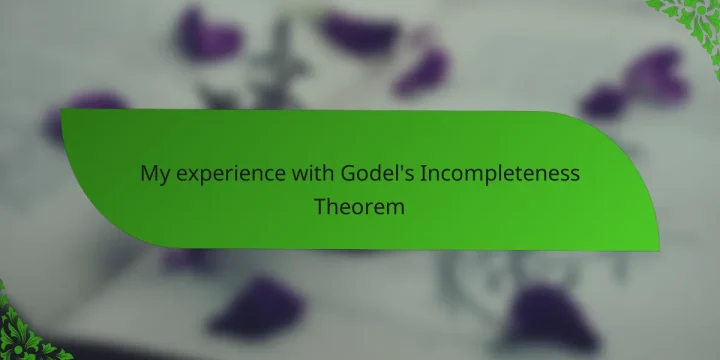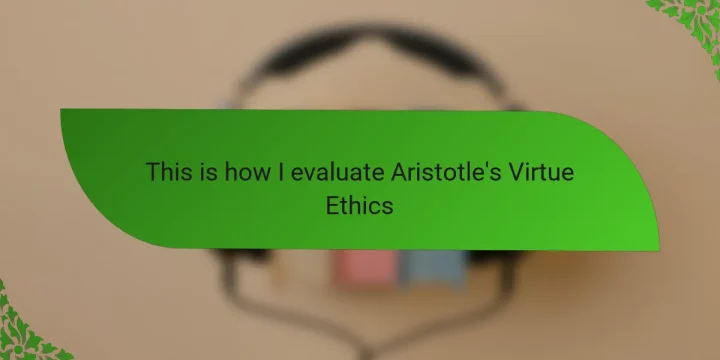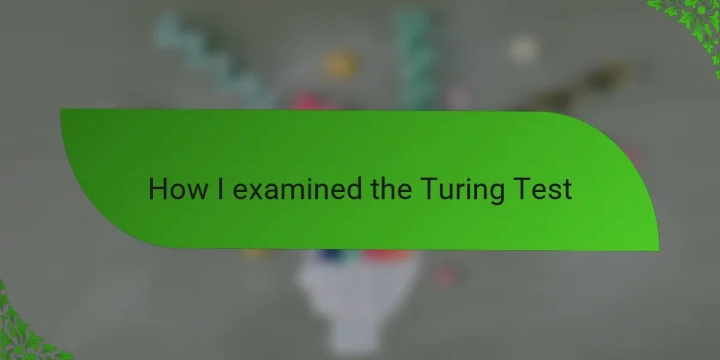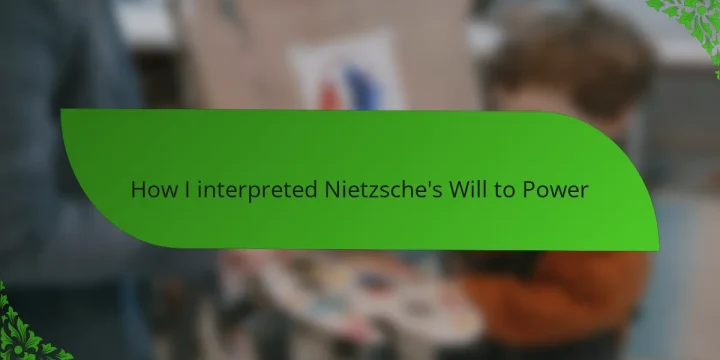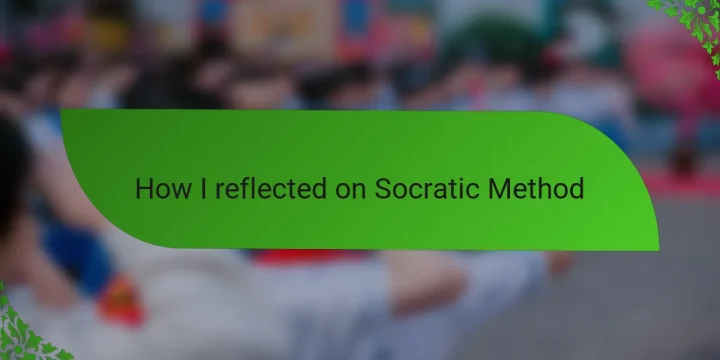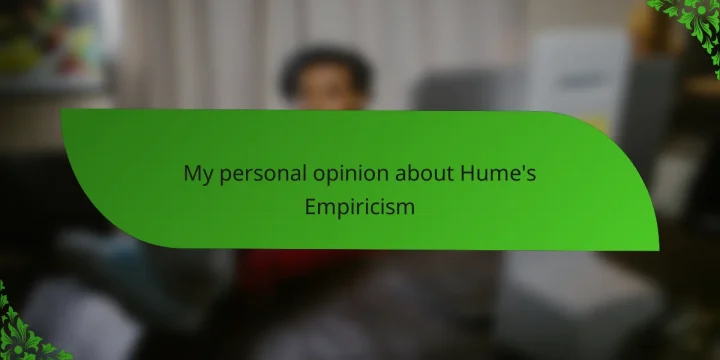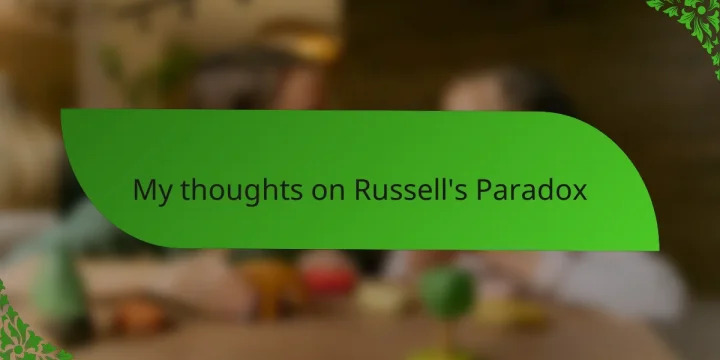
Key takeaways Russell's Paradox highlights the complexities of defining sets, pushing us to question foundational assumptions in both philosophy and logic. It serves as a tool in philosophy education, fostering critical thinking and encouraging students to embrace uncertainty as part of learning. The paradox reveals the importance of precise language and definitions, as small discrepancies can lead to significant logical contradictions. Engagement with Russell's Paradox cultivates intellectual humility, reminding us that some questions may resist clear resolutions and inviting a more reflective approach to reasoning. Understanding Russell's Paradox in Philosophy Russell's Paradox really caught my attention when I first encountered it during my studies. It’s fascinating how something as seemingly simple as defining a "set" can lead to such a puzzling contradiction. Have you ever thought about whether a set…

